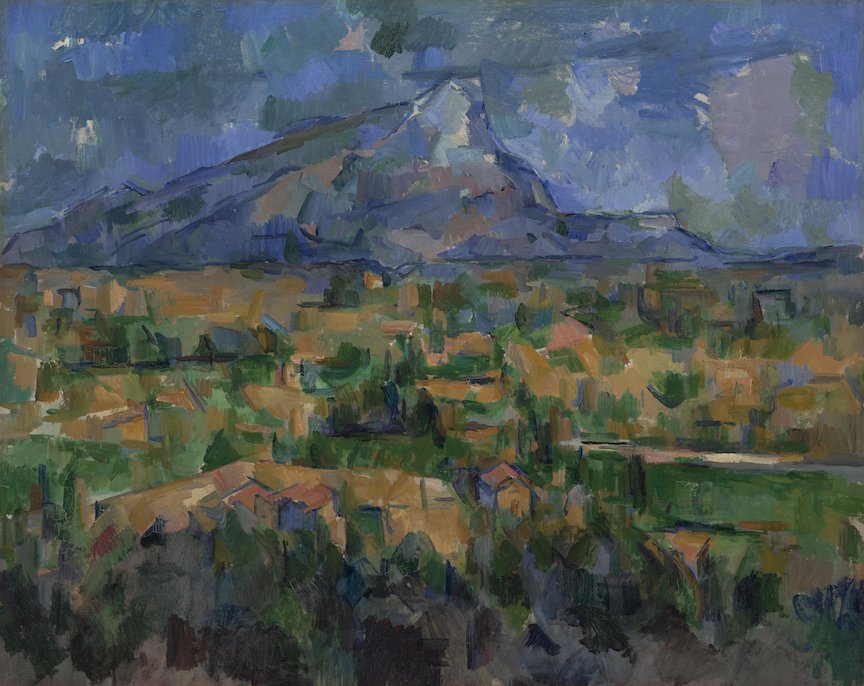Was Christ illiterate?
I do not know what the current expert consensus on this topic might be, but I would guess that someone who was conversing with learned rabbis at the Temple in Jerusalem, by the age of twelve, had been – however he obtained it – in receipt of a good education.
His knowledge of theology, later when an adult, seems additional confirmation. But then, his knowledge extended to the whole natural world, and into the hearts of men. He is God, after all, although He has voluntarily assumed the human form. He has, I must assume, inhuman ways of knowing. But He cites Scripture – that is, our written Old Testament – precisely.
Were He a “normal man” – subject to “normal” physical and intellectual limitations – this would rather argue against his being literate. Persons who are able to retain large amounts of poetry or “text” are commonly not readers.
This is something that can be seen, or rather heard today, from devoted students of the Koran. That is a relatively short book, but we had ancestors who could memorize much of our Bible, if not the whole immense thing. We have reason to believe that Homer was illiterate, and by anthropologists in the most rural places spectacular mnemonic arts are observed.
Among those primitives who recite epics and balladry, there is invariably a certain pride. It is not enough to know a story in outline, and fill in the blanks when they occur. The illiterate storyteller remembers exactly how his story went – and was taught and tested word for word by his own teacher.
Memory is a more general thing than what applies to poetry. As a young man, traveling in north-eastern Thailand, I was perhaps easily shocked. There was a village to which I had returned, after more than a year, and an old lady who not only remembered my name but, when I spoke in poor Thai, she parodied me. She evidently remembered every syllable I had uttered on my previous visit, and “played it back” better than a tape recorder, making everyone laugh at the tonal errors.
That was fifty years ago, and the world is always changing. Thailand was already in the grip of a national literacy campaign, which was being used to advance contraception, and instill other modern ideas about how (not) to live. “Literacy” was a means to government control.
Perhaps the best argument against literacy is the one made by Plato, or in Plato, by Socrates towards the end of the Phaedrus:
Anyone who leaves behind him a written manual, and likewise anyone who takes it over from him, on the supposition that such writing will provide something reliable and permanent, must be exceedingly simple-minded; he must really be ignorant of Ammon’s utterance, if he imagines that written words can do anything more than remind one who knows that which the writing is concerned with.
So, who was this Ammon? Socrates’ Egyptian source for a wise rejoinder to the original literacy promoter, selling its many practical benefits: “If men learn this, it will implant forgetfulness in their souls; they will cease to exercise memory because they rely on that which is written, calling things to remembrance no longer from within themselves, but by means of external marks.”
What is sold as a means of remembering is in fact a method of forgetting.

Worse, and more subtly, the student with writing will “know too much,” without really learning anything. He will not be taught what he hastily reads.
People who today get information from speed-reading, or grimly from a computer screen (even when reading slowly), can, if they are patient, prove this point. Literature itself is lost on the reader who will not, at least, read aloud. He forms the conceit of wisdom. At best, he understands, short of what the words profoundly represent. When printed the words have already put him at two removes from reality.
Socrates compares writing to painting. At a glance, the depicted figures seem to be alive. But they cannot speak back. The picture and the text are never intelligent. One draws, or writes, with water, or the black fluid we call ink, sowing seeds in an artistic garden, that cannot grow.
Christ, and Socrates, left words behind, but neither left a philosophical manual or any other kind of book for his followers to consult. It is questionable whether Socrates even sought followers, but he did engage in dialectic.
Both told us to assimilate knowledge deeply; to take it into our soul. In the Phaedrus, the conditions favoring this acquisition of wisdom are explored.
It is interesting (to me) that very great academic professors have long known, by instinct, about being “textless” in teaching. I think, for instance, of my hero, the illustrious Jacob Burckhardt, who performed his lectures immediately upon entering his class in Basel, never consulting a note or a reference. They were word-perfect, but he refrained from publication.
From my own limited experience of teaching, I understand that one knows a subject well enough to teach it (and answer questions); or one doesn’t know it. Teachers who need notes or to consult papers excite my pity; though for all I know they may just be pretending to read, for show.
But related to this is the need to assemble the topic in one’s mind, before speaking – sculpturally, from many angles. For the habit of depending upon books (which, these days, are irresponsibly PRINTED) scrambles one’s attention. It is only having mastered a topic that one can, in the Platonic sense, begin to “remember” it.
For now, however, I will be content to toss a brick through the plate glass of reading. We moderns have become accustomed to reading everything, even “Stop” signs, and can do nothing when the captions are taken away. We have come to read as the opposite of thinking, and this in turn leads to the opposite of knowing.
__________















